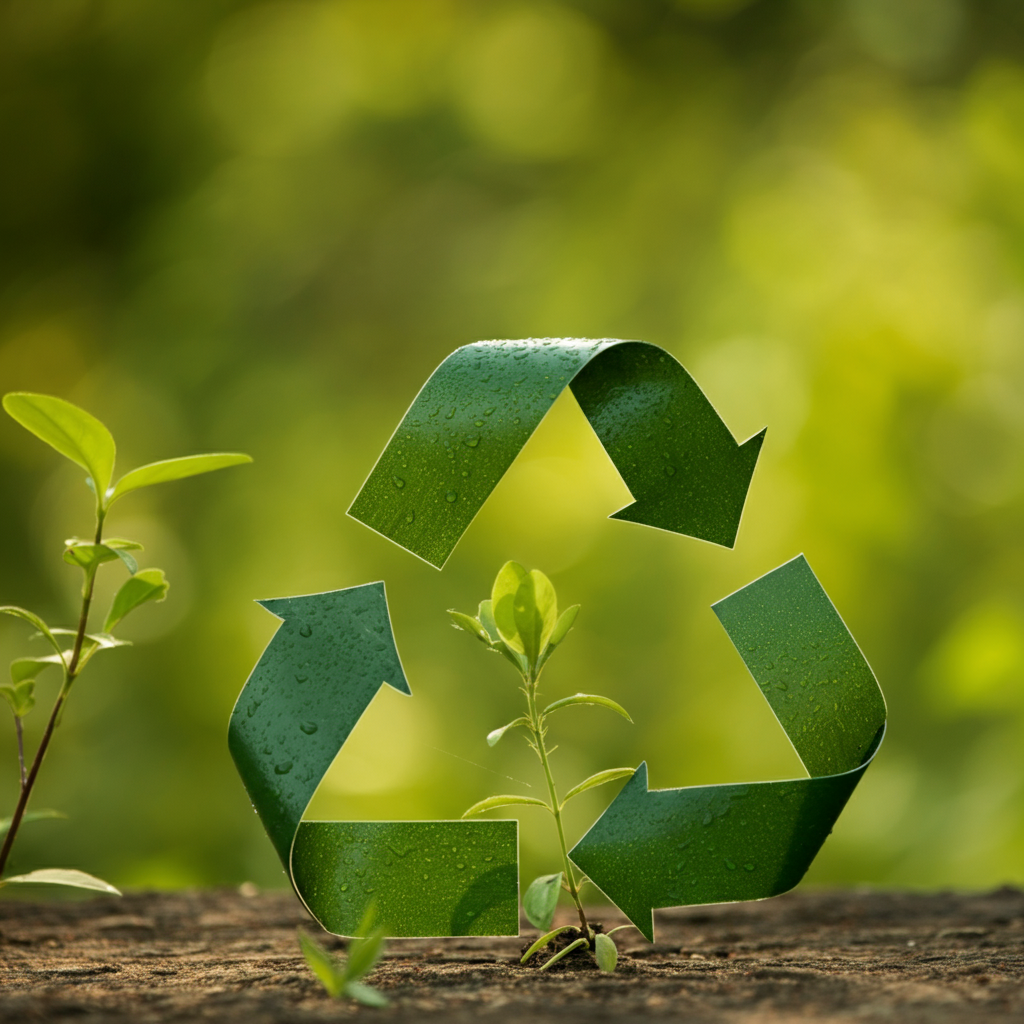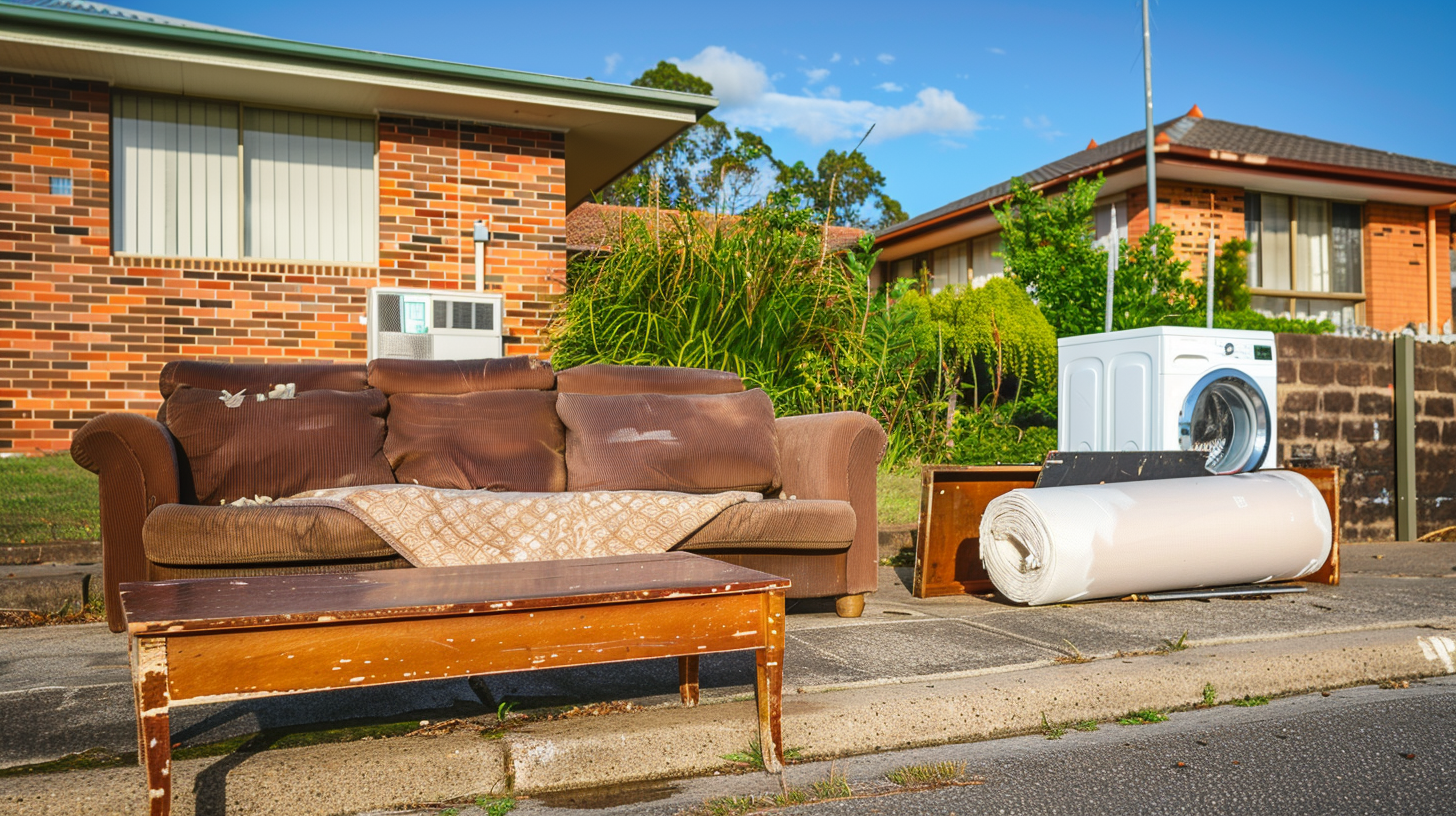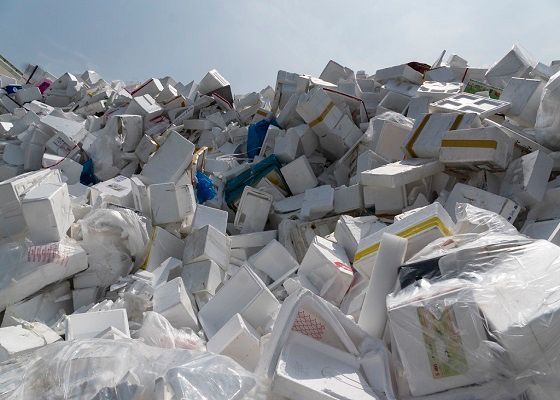Top 10 Reasons Recycling Is Important in Australia
Australia has long been celebrated for its diverse ecosystems, from the Great Barrier Reef to its iconic Outback. However, behind this natural beauty lies a significant challenge—how to effectively manage waste. Recycling plays a crucial role in tackling environmental challenges, while contributing to the economy and fostering social responsibility.
This post aims to highlight the top 10 reasons why recycling is essential for Australia, addressing its environmental, economic, and social impact. Along the way, we’ll provide actionable tips for individuals, governments, and businesses to enhance their recycling efforts.

The Environmental Impact of Recycling in Australia
Australia generates alarming waste. According to the Australian Bureau of Statistics, over 76 million tonnes of waste is produced annually across the nation. Alarmingly, only 60% of this waste is recycled. The remainder often finds its way into landfills, harming wildlife and ecosystems.
But recycling can change that. It helps conserve natural resources, reduce greenhouse gas emissions, and minimise landfill expansion. For example, recyclable materials like glass and plastic, when reused, greatly reduce the strain on raw materials and energy consumption needed to produce new goods.
Key Statistics
- Recycling reduces greenhouse gas emissions by up to 25 million tonnes annually.
- 80% of household waste can be recycled, yet much of it ends up in landfills.
Economic Benefits of Recycling
Recycling doesn't just benefit Australia’s environment—it’s a significant driver of the economy. Resource recovery industries have created thousands of jobs across the country, helping bolster local economies while reducing dependency on imports.
Economic Advantages of Recycling
- Job Creation: For every 10,000 tonnes of recyclable materials processed, approximately 9 new jobs are created.
- Cost Savings: Recycling paper uses 40% less energy and water than raw materials.
Local businesses, like The Central Coast Rubbish Removal Group, play a pivotal role in ensuring that recyclable materials are managed efficiently, supporting these economic benefits while offering a service to their communities.
Community and Social Impact
Australians are part of a growing cultural shift towards sustainability. Recycling has become an avenue for fostering community pride and cooperation. When households and neighbours work together to recycle, it nurtures social responsibility and combats the throwaway culture.
Community Programs
Initiatives like "Containers for Change" allow individuals to return empty drink containers for a 10c refund, incentivising recycling while benefiting local initiatives.
Challenges and Solutions
While the benefits are clear, Australia faces several challenges with recycling. Issues include contamination of recyclables, lack of education on what can be recycled, and limited recycling facilities for certain materials.
Challenges
- Confusion about whether glass or plastic is recyclable.
- Contamination of recyclable bins with non-recyclable waste.
Proposed Solutions
- Clearer labelling on product packaging.
- Educational campaigns informing Australians on what can be recycled.
- Investment in advanced recycling technologies.
Top 10 Reasons Why Recycling Is Crucial in Australia
- Reduces Landfill Waste
Landfills release harmful methane gases, a contributor to climate change. Recycling helps minimise this environmental hazard.
- Conserves Natural Resources
Recycling preserves materials like timber, water, and minerals for future generations.
- Saves Energy
Producing products from recycled materials uses significantly less energy than creating them from scratch.
- Prevents Pollution
Recycling reduces the need for extracting, refining, and processing raw materials, which are all harmful to the environment.
- Creates Jobs
From recovery workers to manufacturers, recycling generates thousands of jobs across Australia.
- Boosts the Economy
The recycling industry contributes to local economies, ensuring sustained growth and resource efficiency.
- Fosters Innovation
Recycling drives research into new technologies, such as using recycled ocean plastics in manufacturing.
- Supports Wildlife Conservation
Keeping waste out of natural habitats protects Australia’s rich biodiversity.
- Promotes a Circular Economy
A recycling system ensures that materials are continuously reused, maximising their lifespan.
- Builds Stronger Communities
Recycling initiatives bring people together, fostering collaboration and pride in sustainability efforts.
Case Studies
1. City of Sydney Recycling Program
The City of Sydney has introduced initiatives to increase recycling rates beyond 60%. Resident participation in these programs has significantly reduced landfill contributions.
2. Plastic Oceans Australasia
This organisation works to reduce plastic pollution, advocating for recycling plastics to protect marine life.
How Individuals Can Make a Difference
Small actions by Australian residents can lead to big results. Here are some practical tips to start recycling at home and in your community:
- Separate Your Waste: Ensure you’re separating recyclables like glass, plastic, aluminium, and paper from general waste.
- Compost Organic Waste: Food scraps and garden waste can be composted to reduce the burden on landfills.
- Use Drop-Off Points: Many areas have drop-off sites specifically for hard-to-recycle materials like e-waste or soft plastics.
- Label Your Own Recyclables: Avoid contamination by rinsing containers and bottles before recycling them.
Government and Corporate Responsibility
While individual actions are crucial, governments and corporations have significant responsibility for shaping the future of recycling in Australia.
Government Policies
- The National Waste Policy Action Plan aims to increase recycling rates to 80% by 2030.
Corporate Contributions
Companies like Coles and Woolworths have launched initiatives such as “RedCycle” to collect and recycle soft plastics.
Act Now to Make a Difference
Recycling isn’t just a choice; it’s a necessity for a sustainable Australia. By understanding why we should recycle and taking actionable steps, Australian individuals, businesses, and governments can collectively safeguard our environment, boost the economy, and create a better future.
Whether it’s as simple as deciding to recycle glass or seeking professional rubbish removal services like The Central Coast Rubbish Removal Group, every effort counts.
Explore how you can make an impact and create lasting change—starting today.
Resources and Further Reading



